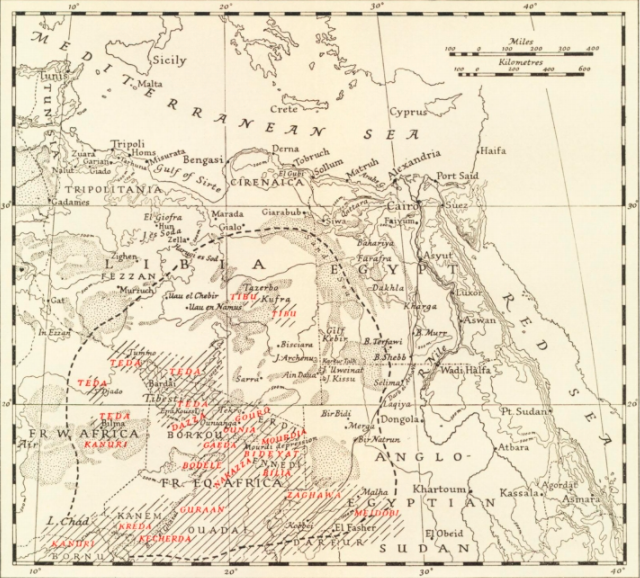|
Kreda
{{Disambiguation ...
Kreda may refer to: * Kreda, a clan of the Daza people of North Africa * Kréda (horse), a variant of the Dongola horse breed * Lake Kreda, a lake in Slovenia * Kreda, a word in some Slavic languages referring to chalk or to the Cretaceous See also * Creda GlenDimplex (formerly known as Glen Electric) is an Irish based consumer electrical goods firm headquartered in Dublin, Ireland. The company is privately held, with manufacturing and development centres in the Republic of Ireland, the United Kingd ... [...More Info...] [...Related Items...] OR: [Wikipedia] [Google] [Baidu] |
Lake Kreda
Lake Kreda is a man-made lake in the Radovna Valley in northwestern Slovenia. The lake got its name from the chalk ( sl, kreda) that was mined in the area until 1985. The digging also created a basin, which gradually filled with water and the lake appeared. The mining ceased because it was unprofitable and due to conservation concerns (the area is within Triglav National Park), but the lake remained and is now occasionally used as a recreation site. Today, the lake and its surrounding wetlands are an important habitat for amphibians, such as the common frog and the common toad in the Radovna Valley. References External links * Kreda Kreda may refer to: * Kreda, a clan of the Daza people of North Africa * Kréda (horse), a variant of the Dongola horse breed * Lake Kreda, a lake in Slovenia * Kreda, a word in some Slavic languages referring to chalk or to the Cretaceous See a ... Sava basin Triglav National Park {{slovenia-geo-stub ... [...More Info...] [...Related Items...] OR: [Wikipedia] [Google] [Baidu] |
Daza People
The Toubou or Tubu (from Old Tebu, meaning "rock people") are an ethnic group native to the Tibesti Mountains that inhabit the central Sahara in northern Chad, southern Libya and northeastern Niger. They live either as herders and nomads or as farmers near oases. Their society is clan-based, with each clan having certain oases, pastures and wells. The Toubou are generally divided into two closely related groups: the Teda (or Téda, Toda) and the Dazagara (or Dazzaga, Dazagada, Daza). They are believed to share a common origin and speak the Tebu languages, which are from the Saharan branch of the Nilo-Saharan language family. Tebu is divided further into two closely related languages, called ''Tedaga'' (Téda Toubou) and ''Dazaga'' (Dazaga Gouran). Of the two groups, the Daza, found to the south of the Teda, are more numerous. The Toubou people are also referred to as the Tabu, Tebu, Tebou, Tibu, Tibbu, Toda, Todga, Todaga, Tubu, Tuda, Tudaga, or Gorane people. The Dazaga are ... [...More Info...] [...Related Items...] OR: [Wikipedia] [Google] [Baidu] |
Kréda (horse)
The Dongola or Dongolawi is an African breed of riding horse. It is predominantly of Barb type, though there may have been some Arab influence in the past. It originated in the Dongola province of Sudan, for which it is named. In eastern Africa it is distributed in the northern part of Sudan and in western Eritrea; it is also present in several West African countries including Cameroon, Chad and the Central African Republic. A number of local West African breeds or types derive from it; they may be regarded as sub-types, or may be reported as separate breeds. History Regional variants of the Dongola include: * the West African Dongola in Cameroon and the Central African Republic, usually dark or black with extensive white markings to the legs and sometimes to the belly * the Bahr-el-Ghazal or Dongola breed of the Bahr-el-Ghazal region of Chad, which stands about , weighs some , and is usually dark with extensive white markings to the legs and sometimes to the belly; it may ... [...More Info...] [...Related Items...] OR: [Wikipedia] [Google] [Baidu] |
Chalk
Chalk is a soft, white, porous, sedimentary carbonate rock. It is a form of limestone composed of the mineral calcite and originally formed deep under the sea by the compression of microscopic plankton that had settled to the sea floor. Chalk is common throughout Western Europe, where deposits underlie parts of France, and steep cliffs are often seen where they meet the sea in places such as the Dover cliffs on the Kent coast of the English Channel. Chalk is mined for use in industry, such as for quicklime, bricks and builder's putty, and in agriculture, for raising pH in soils with high acidity. It is also used for " blackboard chalk" for writing and drawing on various types of surfaces, although these can also be manufactured from other carbonate-based minerals, or gypsum. Description Chalk is a fine-textured, earthy type of limestone distinguished by its light color, softness, and high porosity. It is composed mostly of tiny fragments of the calcite shells or skeletons ... [...More Info...] [...Related Items...] OR: [Wikipedia] [Google] [Baidu] |
Cretaceous
The Cretaceous ( ) is a geological period that lasted from about 145 to 66 million years ago (Mya). It is the third and final period of the Mesozoic Era, as well as the longest. At around 79 million years, it is the longest geological period of the entire Phanerozoic. The name is derived from the Latin ''creta'', "chalk", which is abundant in the latter half of the period. It is usually abbreviated K, for its German translation ''Kreide''. The Cretaceous was a period with a relatively warm climate, resulting in high eustatic sea levels that created numerous shallow inland seas. These oceans and seas were populated with now- extinct marine reptiles, ammonites, and rudists, while dinosaurs continued to dominate on land. The world was ice free, and forests extended to the poles. During this time, new groups of mammals and birds appeared. During the Early Cretaceous, flowering plants appeared and began to rapidly diversify, becoming the dominant group of plants across the Earth b ... [...More Info...] [...Related Items...] OR: [Wikipedia] [Google] [Baidu] |


%2C_Western_Negev%2C_Israel.jpg)
